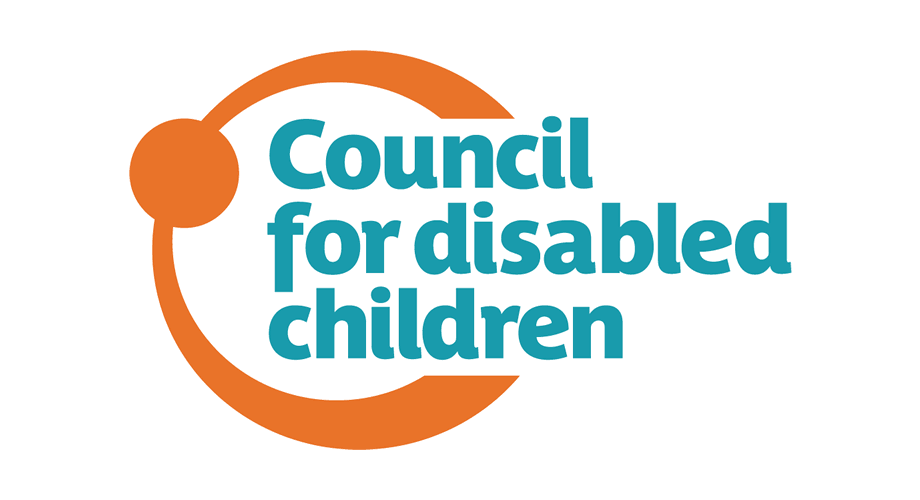Early Intervention
Early intervention means identifying and providing effective early support to children and young people who are at risk of poor outcomes. It provides parents with resources, support and information.
The neonatal hearing screening programme which was introduced in the UK in 2003 and was based on the research of Christine Yoshinago Itano provided an opportunity for deaf babies to be identified early and fitted with hearing aids.
The Lamb Inquiry (2009) was established as part of the UK government’s response to the House of Commons Education and Skills Committee Report Special Educational Needs: Assessment and Funding. The enquiry was led by Brian Lamb, the chair of the Special Educational Consortium (SEC), who was tasked by the Department of Children’s, Schools, and Families (DCSF) to explore a range of ways in which parental confidence in the Special Educational Needs (SEN) assessment process might be enhanced.
Working together with a provider who has been trained in early childhood development enables parents to feel confident that they are facilitating their child's communication development. Working in partnership is considered to be good practice especially for children with special educational needs.
The Early Support Programme built on this philosophy and ran from 2002-2015, the details and documents can be found here.
The programme is currently being updated with Success from the Start which builds on the knowledge and experience gained.
The original Monitoring Protocol can be found here.





